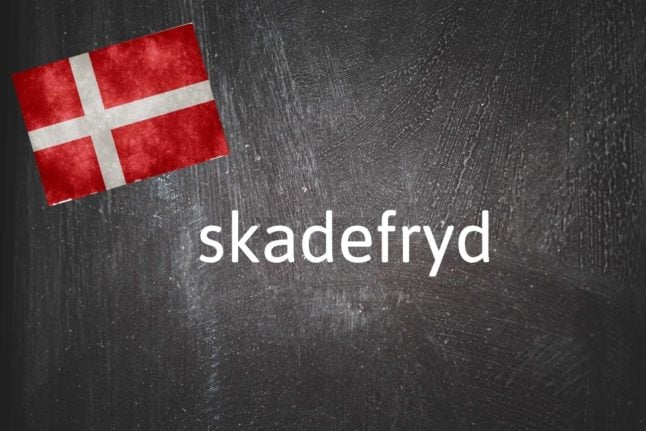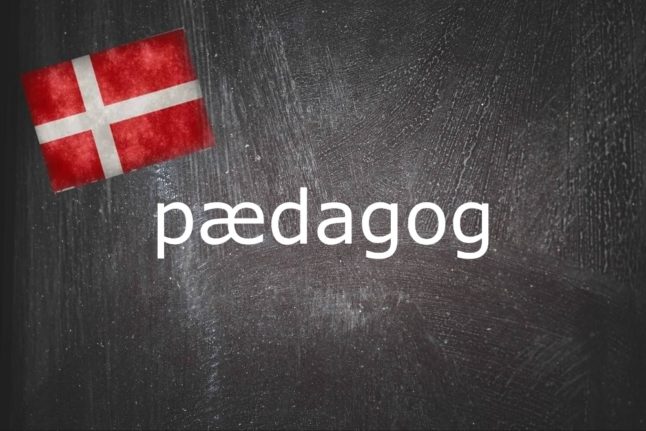What is skadefryd?
Skadefryd can be traced to the German word Schadenfreude. The term originated in the 18th century and has no direct English translation or equivalent — although it is commonly used in modern English as a loan word, so its meaning may not be too surprising.
The German word is a compound of Schaden, meaning (damage/harm) and Freude (joy). The Danish word is exactly the same: skade means harm or injury while fryd is an archaic which means great joy or a feeling of contentment.
While skade is common in modern Danish, fryd has gone out of use — although you might have come across it in the phrase fryd og gammen, roughly “joy and happiness”, which can be found in texts like old-fashioned literature and hymns.
Skadefryd — like Schadenfreude — is when you feel joy or satisfaction at somebody else’s misfortunate.
Why do I need to know skadefryd?
It’s probably worth knowing that Danish has it’s own version of skadefryd, so you don’t drop the German version into a conversation like you might in English.
I’m not to sure how often you might be use it though, as it seems a fairly alien in Danish society to take joy from someone else’s failures.
For example, feeling glad to find out a colleague you didn’t like has been fired is a good example of skadefryd — but I’ve never heard someone openly admitting feeling this way.
Feeling pleasure in smaller misfortunes — such as laughing at other people falling over — is perhaps a slightly more likely, if puerile, scenario.
Philosopher Theodor Adorno has defined skadefryd as “mainly unexpected joy at another’s suffering that is noted as everyday and/or appropriate”.



 Please whitelist us to continue reading.
Please whitelist us to continue reading.
Member comments